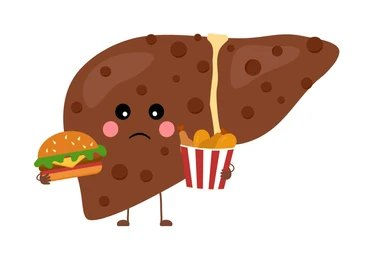Birth Control Pills for PCOD and PCOS: Are They Really Helping or Just Masking the Problem?
- Bhoomi gupta
- Apr 29, 2025
- 2 min read
If you’ve been diagnosed with PCOD or PCOS, chances are your gynaecologist’s first prescription was a birth control pill. It happened to me, and I’ve lost count of how many women have told me the same story.
The pill is often seen as a magic fix for irregular periods, acne, hair fall, and hormonal chaos—but is it really a solution, or are we just pressing pause on a much deeper issue?

Why Are Birth Control Pills Prescribed for PCOD and PCOS?
Birth control pills regulate hormones, especially estrogen and progesterone, which can stabilize your cycle. They also suppress the body’s natural androgen (male hormone) production, which helps reduce symptoms like:
Facial hair
Acne
Irregular periods
Cyst formation
But here's what most people aren’t told…
Birth Control Pills: A Temporary Mask, Not a Cure
While symptoms improve temporarily, birth control doesn’t treat the root cause of PCOD or PCOS—like insulin resistance, inflammation, poor lifestyle, or chronic stress.
It’s like putting a band-aid on a wound that needs stitches.
As soon as you stop the pill:
Periods become irregular again
Acne might return, worse than before
Mood swings, weight gain, and hair fall can spike
Your cycle becomes more unpredictable
Fertility struggles may resume or even worsen.
The Long-Term Side Effects of Birth Control Pills
Many women report:
Headaches and migraines
Mood disturbances or depression
Weight gain or water retention
Nutrient depletion (especially B vitamins, magnesium, and zinc)
Increased risk of blood clots
Hormonal dependency
And worst of all: the illusion that you’re healing, when in fact, you’re just delaying the real work your body needs.
There’s a Better Way: Support the Root Cause
PCOD and PCOS need a holistic approach, not just hormone manipulation. Support your body with:
Balanced, anti-inflammatory diet
Regular exercise (especially strength and mobility training)
Sleep and stress management
Herbal and Ayurvedic solutions (like hormone-balancing teas or adaptogens)
Nutritional supplements (D3, B12, Zinc, Inositol, etc.)
If you’re using birth control pills for PCOD and PCOS, know this: you’re not alone, and you’re not wrong. But it’s important to understand the limits and risks of that approach.
Real healing takes time, effort, and a shift in mindset—but it’s absolutely possible. Your body deserves more than a quick fix. It deserves care, compassion, and clarity.



Comments